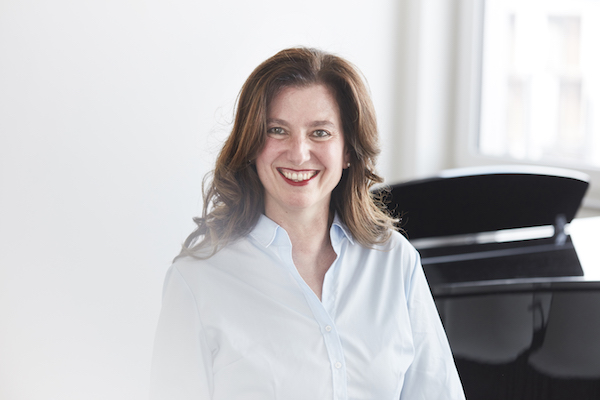Who is Post-Operative Voice Build-Up for?
Professional singers or professional speakers whose voice is their profession need to rebuild vocal performance very quickly after vocal cord surgery. The Post-Operative Voice Reconstruction therapy has been developed precisely for this purpose.
When surgery is required
If organic changes have occurred in the vocal folds, such as cysts, polyps or vocal fold nodules, which have led to impaired vocal performance, rehabilitation of the singing and speaking voice is not always possible through targeted voice therapy. In many cases, surgery is unavoidable. In order to make you vocally ‚fit‘ again as quickly as possible after the operation, we have put together a whole package of measures for you.
Our team is ready to help
As with professional athletes, who have a whole team of specialists at the ready after injuries, this also applies to singers who receive treatment at the MEDICAL VOICE CENTER. The team of laryngologists (specialized ENT doctors) speech therapists and a singing teacher (Singing Voice specialist) together take care of the restoration of your voice.
Pre-Operative Therapy
Often, before surgery, it is useful to first perform a few hours of voice therapy to initiate the elimination of habitual voice-damaging habits. Therefore, we recommend a 2-3 hour pre-operative therapy before surgery. Contents are the perception of possible voice-damaging habits as well as the familiarization with the postoperative exercise program.
After surgery, absolute vocal rest should be observed for a few days to avoid strong mechanical stress on the vocal fold epithelium, which can jeopardize optimal wound healing.
After ‚voice clearance‘ by Prof. Hess, postoperative rehabilitation of the speaking and singing voice is performed.
During the first two weeks of voice rehabilitation, the singer should come to us daily for very short practice sessions. The initial focus is on quiet activation of the speaking voice in the lower third of the vocal range. Furthermore, releasing exercises for the jaw, shoulder girdle, chest, facial expression and tongue are performed.
First postoperative therapy phase:
10 units of voice rehabilitation over a period of 14 days of 20 minutes each.
– Activation of the speaking voice
– Work on the parameters of breathing
– Breathing pressure during phonation
– resonance
– register transitions
– Posture and eutonus
– Vowel balance
– articulation
Second postoperative therapy phase:
– Stabilization of the marginal edge and mucosal function in extended positions
– Establishment of a full voice function
– elimination of the dysfunctional tensions and dysfunctions that may have led to the voice disorder
– elimination of compensatory tension mechanisms
– a voice regeneration in the entire range of the singer’s voice
– the development of a resilient singing voice
– regaining the shaken basic confidence in the reliability of the voice
A further phoniatric examination is performed no later than three weeks after the operation. If this examination shows that the voice can be strained, the development of the singing voice is started.
In this phase of the therapy, the range of the voice is gently and carefully expanded and work is done on the resilience of the voice.
Voice rehabilitation is completed when the singer is able to use his or her voice to its full extent on stage again. The duration of the voice rehabilitation is to be seen individually depending on the symptoms. As a rule, the singing voice can be fully used again after about 6 weeks.
The compact performance package Post-Operative Voice Reconstruction includes the following lessons:
-
2 x 60 min pre OP
-
5 x 20 min post OP
-
5 x 30 min post OP
-
8 x 45 min post OP



